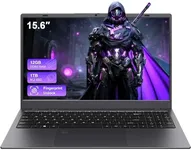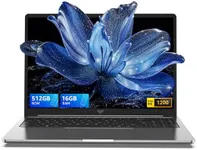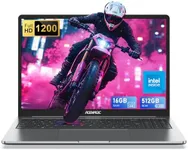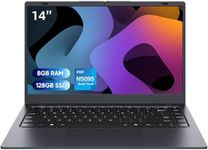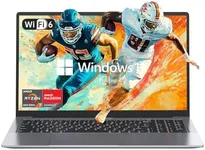Best Gaming Laptops
From leading brands and best sellers available on the web.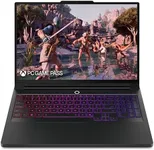
Lenovo
8%OFF
Lenovo Legion Pro 7i – Gaming Laptop - Intel® Core™ Ultra 9 275HX – 16" 2.5K WQXGA OLED Display – 240Hz Refresh Rate – GeForce RTX™ 5070 Ti GPU – 32 GB Memory – 1 TB Storage – 3-Month PC GamePass
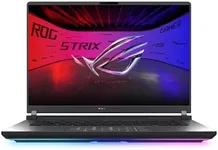
ASUS
ASUS ROG Strix G16 (2025) Gaming Laptop, 16” ROG Nebula Display 16:10 2.5K 240Hz/3ms, NVIDIA® GeForce RTX™ 5070 Ti GPU, Intel® Core™ Ultra 9 275HX Processor, 32GB DDR5, 1TB SSD, Wi-Fi 7, Win11 Home
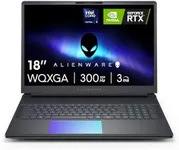
Alienware
Alienware 18 Area-51 Gaming Laptop AA18250-18.0" WQXGA 300Hz 3ms Display, Intel Core Ultra 9 275HX, NVIDIA GeForce RTX 5080, 32GB 2x16GB DDR5, 2TB SSD, 2MP FHD IR Camera, Windows 11 Home

Lenovo
Lenovo Legion Pro 7i – AI-Powered Gaming Laptop – Intel® Core Ultra 7 255HX – 16" WQXGA PureSight OLED Display – 240Hz – NVIDIA® GeForce RTX™ 5070 Ti – 32GB Memory – 1TB Storage – PC GamePass

ASUS
7%OFF
ASUS ROG Strix G16 (2025) Gaming Laptop, 16” FHD+ 16:10 165Hz/3ms Display, NVIDIA® GeForce RTX™ 5060 Laptop GPU, Intel® Core™ i7 Processor 14650HX, 16GB DDR5, 1TB Gen 4 SSD, Wi-Fi 7, Windows 11 Home
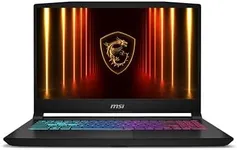
msi
5%OFF
msi Katana 15 HX 15.6” 165Hz QHD+ Gaming Laptop: Intel Core i9-14900HX, NVIDIA Geforce RTX 5070, 32GB DDR5, 1TB NVMe SSD, RGB Keyboard, Win 11 Home: Black B14WGK-016US
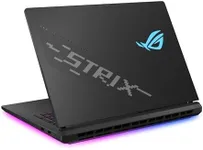
ASUS
ASUS ROG Strix SCAR 18 (2025) Gaming Laptop, 18” ROG Nebula HDR 16:10 2.5K 240Hz/3ms, NVIDIA GeForce RTX 5090, Intel Core Ultra 9 275HX, 32GB DDR5, 2TB PCIe Gen 4 SSD, Wi-Fi 7, Win 11 Pro, G835LX-XS97
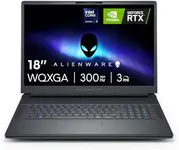
Alienware
9%OFF
Alienware 18 Area-51 Gaming Laptop AA18250-18-inch QHD+ 300Hz 3ms Display, Intel Core Ultra 9-275HX, 32GB DDR5 RAM, 1TB SSD, NVIDIA GeForce RTX 5070, Windows 11 Home, Onsite Service - Liquid Teal

Alienware
10%OFF
Alienware 16 Aurora Laptop AC16250-16-inch 16:10 WQXGA Display, Intel Core 7-240H Series 2, 16GB DDR5 RAM, 1TB SSD, NVIDIA GeForce RTX 5060 8GB GDDR7, Windows 11 Home, Onsite Service - Blue
Our technology thoroughly searches through the online shopping world, reviewing hundreds of sites. We then process and analyze this information, updating in real-time to bring you the latest top-rated products. This way, you always get the best and most current options available.

Most Popular Categories Right Now
